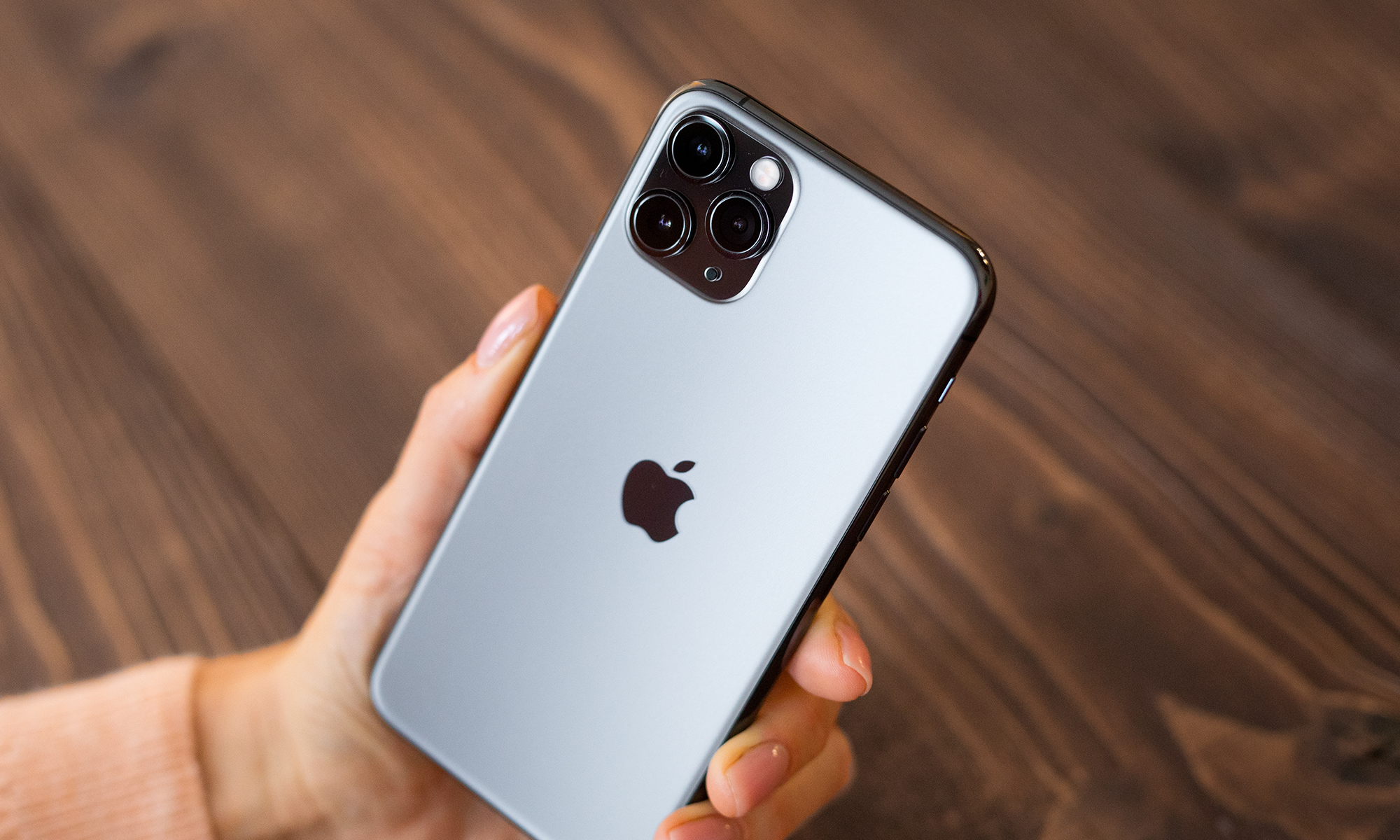AppleInsider shared some speculation from a J.P. Morgan analyst that there was "some possibility" that Apple (AAPL +1.86%) would show off the next-generation iPhone at its upcoming Worldwide Developers Conference (WWDC) event next week.
AppleInsider went on to note that the analyst thinks that the public will get such a preview due to "expected large form factor change as well as new 3D scanning features."

Image source: Apple.
AppleInsider's Mike Wuerthele pegged this as "highly unlikely" and I agree. Here's why.
Needlessly hurting iPhone 7 series sales
On Apple's most recent earnings call, CEO Tim Cook said that the company believes that it is seeing a "pause in purchases on iPhone" due to what the executive described as "earlier and much more frequent reports about future iPhones."
This isn't terribly surprising. Interest in future iPhone models is generally very high among investors, consumers, and the tech press, so speculation and leaks about future iPhone models is bound to circulate to a sizable portion of the smartphone/iPhone customer base.
Furthermore, given that the extent of this year's changes should be quite significant (I'd argue that they're more substantial than even the ones that Apple brought to market with the iPhone 6 series devices), the information contained in these leaks sounds compelling enough that it'd be quite sensible for potential iPhone customers who are exposed to these reports would try to hold off for the new phone, if possible.
So, if Apple's executive leadership team believes that leaks about future iPhone models in the tech press is depressing iPhone sales (and I would hazard that a substantial portion, if not the majority, of smartphone buyers don't closely follow the reports about future iPhone models), then surely the team would realize that publicly previewing an iPhone that won't be out for several more months at least would probably have an even bigger negative impact on current iPhone sales.
That's just bad for business and, for stockholders, virtually no potential upside for Apple.
But doesn't the analyst make a good point?
The analyst's basis for this speculation seems to be that Apple might want to give application developers a heads-up about what's coming so that they can prepare their applications to take advantage of the new features available to them in the new iPhone.
Although that's a reasonable point, it's also important to understand that the developers of the most common iOS apps (e.g., major game developers, social media, and so on) may get advance knowledge of these features (as well as software development tools to use them) in private under a non-disclosure agreement.
If the major first- and third-party apps can take advantage of whatever new features Apple plans to bring to the new iPhone early on, then that should be more than enough to make said features into compelling selling points.
Such "exclusivity" on the part of the larger app developers would give them a few months' advantage over the smaller app developers in implementing new features, but in the scheme of things, this is a reasonable trade-off for Apple to make to avoid further hurting its current iPhone sales.






